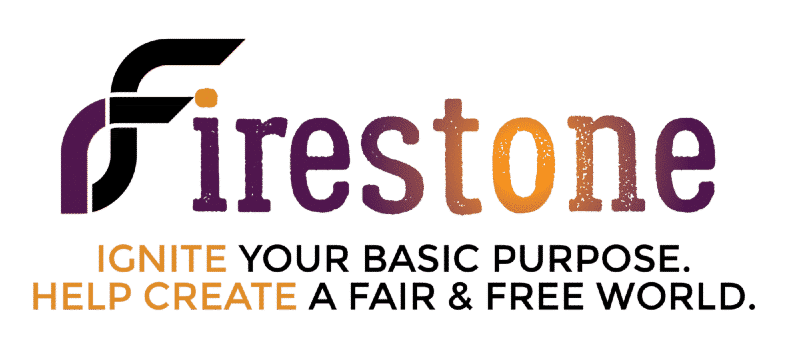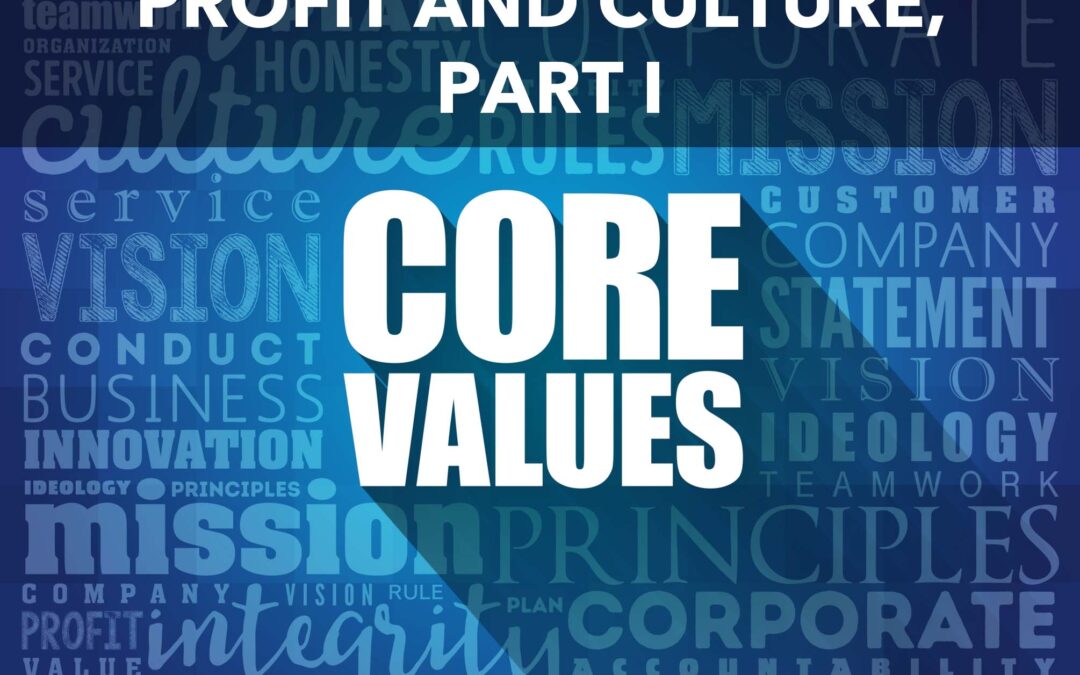Share this Post
Aligning Businesses with the Universal Declaration of Human Rights
Why Businesses Should Care and How They Might Benefit
More and more studies show that doing good contributes to a company of any size doing well. Social Responsibility, beyond making the world a better place, also benefits companies in their recruiting and retention of staff and in their consumer marketing efforts. A Nielson Global Survey of Corporate Social Responsibility (CSR) found that more than half of people surveyed would “choose products and services by companies that are committed to positive social and environmental impact” and two-thirds would rather work for such a company. (6 Socially Responsible Companies to Applaud, by Allison Gauss)
According to a 2018 Benevity Engagement Study, turnover dropped 57% in employee groups that most deeply connected to their companies’ giving and volunteering efforts. Harvard Business Review’s, The Business Case for Purpose stated 89% of executives surveyed said a strong sense of collective purpose drives employee satisfaction. Accenture’s 2018 Global Consumer Pulse Research found 62% of global consumers want companies to take a stand on issues they are passionate about and 64% find brands that actively communicate their purpose more attractive. (statistics from https://engageforgood.com)
People want to do business with and work for companies that care. And the world needs businesses in action around human rights and important social causes now more than ever.
How the Universal Declaration of Human Rights Came into Existence
The Universal Declaration of Human Rights (UDHR), adopted by the United Nations on December 10, 1948, came about in response to the atrocities perpetrated by fascist Germany before and during World War II. The intention of the Declaration was to promote peace, build a better world, and to prevent those types of horrific crimes against humanity from ever happening again. Yet today, many people have not even heard of the document or can name more than 3 of the 30 Rights that we are all entitled to simply by the fact of being born. These rights do not have to be earned or given to us; they are ours!
Fast forward to 70+ years after the United Nations adopted the Declaration and you can look around and observe the current condition of humankind across the world– including our own country and local cities. Human Rights violations like human trafficking, domestic violence, poverty, dangerous drugs released into society creating epidemics, electroshock, refugee crises, illiteracy/poor education, torture, and discrimination of all kinds, just to name a few, are wreaking havoc on our culture. Still today, many people have not heard of the document. Do you and your staff know your 30 human rights and are you putting them into action?
Who is Responsible for Ensuring Human Rights Are Known and Protected?
The short answer is all of us—each one of us contributes to the larger global culture. Our economic system is divided into three main sectors: Public (governments), Private (business) and the Third or Volunteer sector (Non-Governmental Organizations (NGOs), Non-profits, Charities, Civil Society). It takes all three sectors to ensure human rights are promoted and protected for all human beings. In the Preamble to the Declaration, the UN General Assembly proclaimed: “this Universal Declaration of Human Rights as a common standard of achievement for all peoples and all nations, to the end that every individual and every organ of society, keeping this Declaration constantly in mind, shall strive by teaching and education to promote respect for these rights and freedoms…” This blog series is focused on the Private/Business sector.
You have more influence than you may think. What you do here and now does matter!
Read Part II where I’ll bring this idea closer to home with some actions that a local business is taking.
Post by: Ellen Firestone

